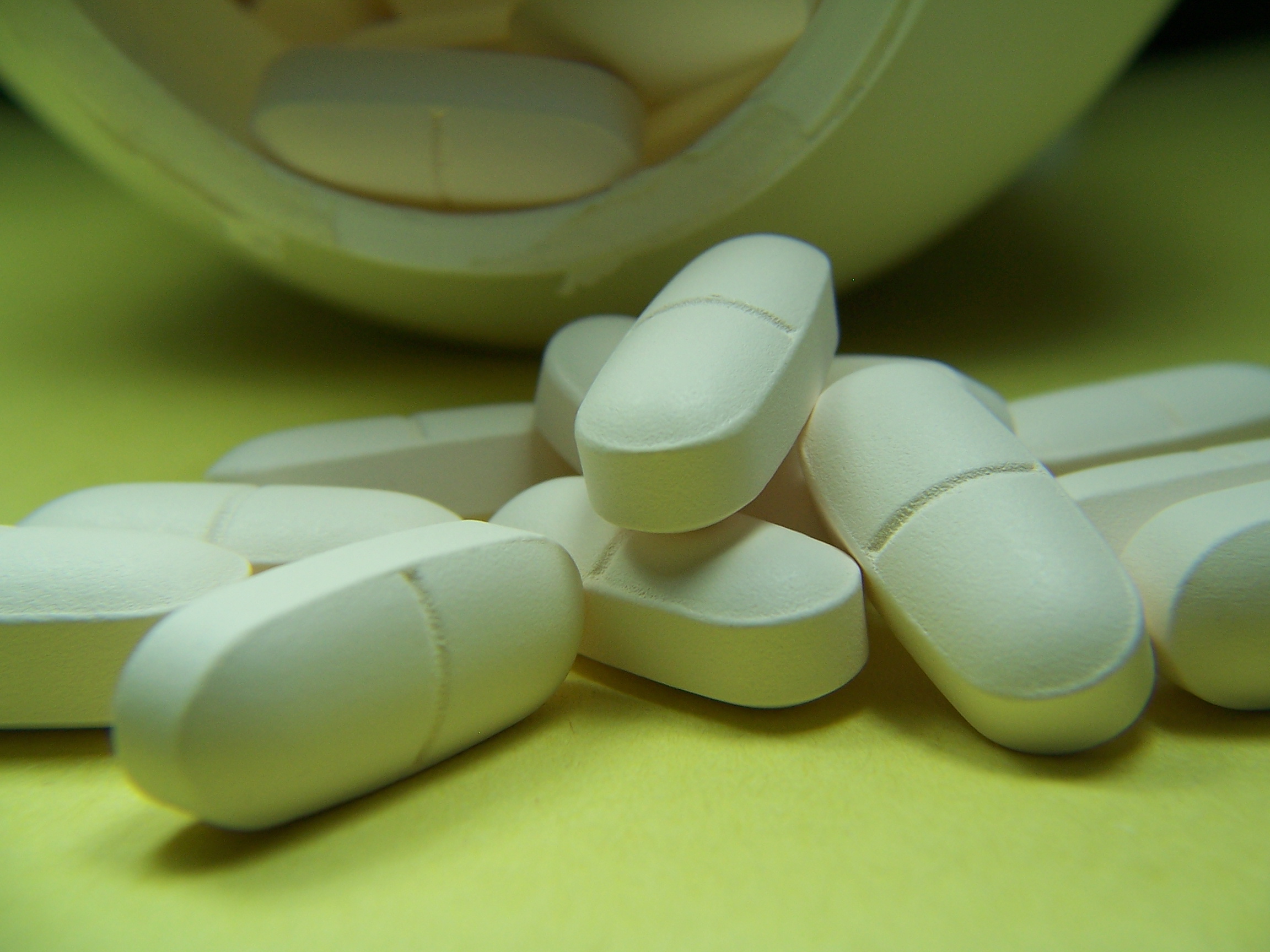
WEDNESDAY, Dec. 11, 2013 (HealthDay News) — Probiotics — friendly bacteria found in supplements and some yogurts — don’t prevent childhood asthma, but they may provide other health benefits, according to a new study.
Researchers in Canada found that taking probiotics during pregnancy or giving probiotics to infants during the first year of life does not reduce the prevalence of asthma.
“Taking probiotics had no effect on the asthma rate,” said the study’s principal investigator, Meghan Azad, a post-doctoral fellow in the faculty of medicine and dentistry at the University of Alberta. “We haven’t shown there’s any harm in giving probiotics, but it can’t really be advised as a strategy to prevent asthma.”
The study, published online Dec. 4 in the BMJ, involved information compiled from 20 clinical trials in Europe, Australia, New Zealand and Taiwan on more than 4,800 children. The children either had mothers who took probiotics while they were pregnant or were given probiotics during the first year of their life.
The study revealed the rate of asthma was about 11 percent among the infants who received probiotics, compared to about 10 percent among babies who received an inactive placebo instead of probiotics.
Although probiotics do not prevent asthma, the study authors pointed out that probiotics may have other benefits.
“There’s really good evidence that probiotics are beneficial to infants who are born preterm and suffer from a bowel condition,” Azad in a university news release. There is also evidence that probiotics could help prevent the itchy skin condition known as eczema.
However, the study also showed there may be a link between probiotics and the development of lower respiratory tract infections. The researchers found that infants who received probiotics either before or after birth had more of these infections.
“This study identified a potential association between probiotics and lower respiratory infections,” explained Azad. “But more research is required to see if the two are indeed linked.”
More information
The U.S. National Center for Complementary and Alternative Medicine has more about probiotics.
Copyright © 2026 HealthDay. All rights reserved.

